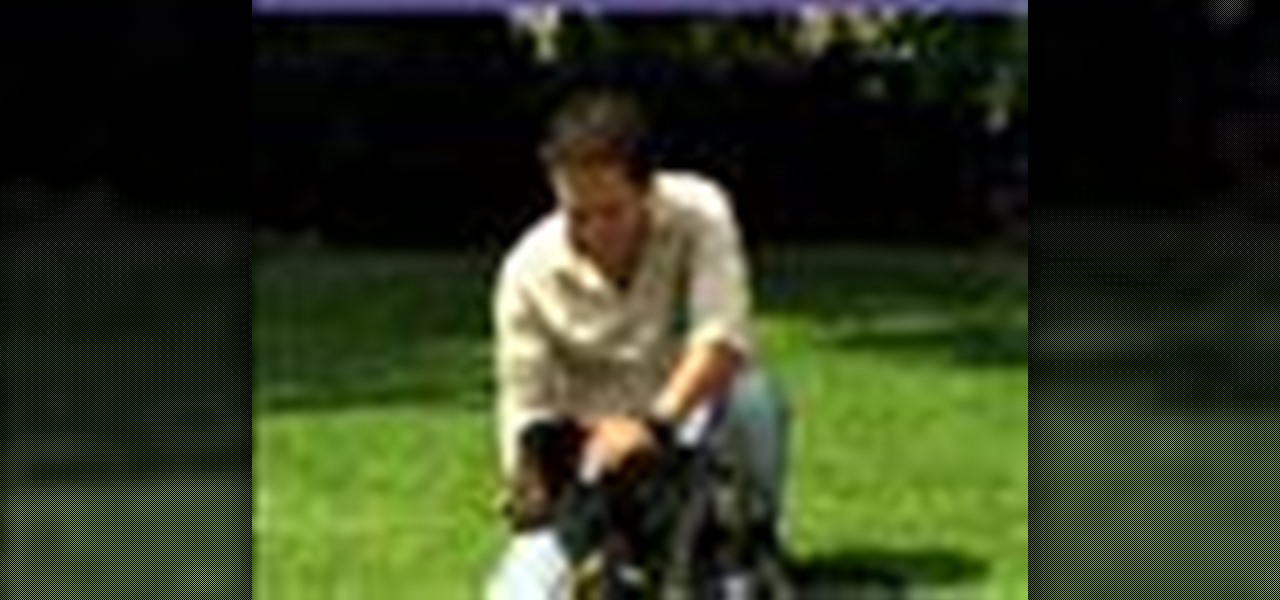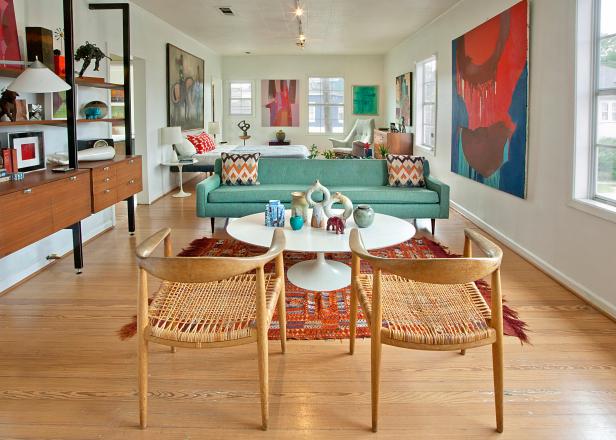Table Of Content

Some rent out crates, which will let you trade up for the right size until your puppy stops growing. If your dog suddenly starts having accidents in the house, this may be a sign of a bigger medical condition. Diagnosing conditions early can save you and your dog stress and embarrassment. If you’d like to learn even more about perfecting your dog’s toilet habits, check out How To Housebreak Your Dog In 7 Days for extra tips and ideas. Crates are by no means the only way to house train your dog, and if you’d prefer to go without one, then the next method is for you because all you need is a regular dog leash.
About this article
The 11 Best Potty-Training Products For Puppies & Dogs - iHeartDogs.com
The 11 Best Potty-Training Products For Puppies & Dogs.
Posted: Wed, 13 Sep 2023 07:00:00 GMT [source]
This means that he should be able to hop in, spin around and lie down without issue. No more and no less – this is essential because if the crate is too large, he’ll be able to eliminate in one area and sleep in another. There are a few useful points to keep in mind when house training your dog. “Puppies usually have much faster metabolisms, so what goes in must go out fairly rapidly,” says certified dog trainer Brett Reynolds, director of dog care and training at The Dog Stop. Puppies also have a smaller bladder capacity and less awareness of their bodies’ needs, he adds. This means puppies will need more bathroom breaks throughout the day.
Giving Your Puppy the Proper Environment
You have to watch your puppy carefully for individual signals and rhythms. Some puppies may be able to hold it longer than others, while some will have to go out every time they play or get excited. Others will stop in the middle of a play session, pee, and play on. As with human babies, canine potty habits are highly idiosyncratic. There are tried-and-true methods for training your puppy, says Mary Burch, Ph.D., director of the AKC’s Canine Good Citizen and S.T.A.R. Puppy programs.
Carol Drury is hosting an open house May 2 for those interested

Your canine companion wants to do the right thing and he just needs a little help from you to figure it out.
Just like in housebreaking, make sure to give your dog as many potty breaks as possible in the beginning, on a schedule, and praise them when they go outside. However, with consistency and following all the steps listed above, most dogs will be nearly fully house trained within one to two weeks. Failing to adhere to a consistent potty break and feeding schedule can create confusion for your puppy, therefore leading to more accidents in the house. You should always put your puppy on a leash when you go outside for a potty break. This will not only help get them comfortable with being on a leash, but you will also be right there to reward the good behavior.
Dos and Don’ts of House Training a Puppy
Figuring out how to stop a dog from marking inside may take some time and patience, but it will be well worth it when you start to see results. Drury recently became a class instructor, eliminating the need for local residents who want to become volunteer puppy raisers to travel to Denver for classes. She is hoping this will draw more people to get involved.
Typically, it’s recommended to feed your puppy three meals a day. They will naturally eliminate shortly after eating, so developing a consistent feeding schedule can avoid confusion and accidents in the house. When house-training your dog, it is important to be consistent and patient. Dogs learn best when they are rewarded for good behavior and corrected for bad behavior. It is important to establish a routine and stick to it.
A Beginner’s Guide to Crate Training
9 Best Dog Bells for Potty Training in 2024 - Reviews & Top Picks – Dogster - Dogster.com
9 Best Dog Bells for Potty Training in 2024 - Reviews & Top Picks – Dogster.
Posted: Fri, 22 Mar 2024 07:00:00 GMT [source]
To reinforce that the trip has a purpose, you should not play with the dog during trips to eliminate. Use a word or phrase (such as “do your business”) to remind the dog of their duty. As soon as the dog has peed or pooped, praise and/or treat them.
To help prevent accidents, use baby gates or barriers to restrict access to off-limit areas. Yelling at or physically disciplining your dog is not only abusive and inhumane, but will likely cause fear (of you and in general), anxiety, and even more accidents in the future. Plus, dogs cannot make a connection between punishment and something they did in the past, so punishment after the fact will not teach them anything. After your dog has finished peeing or pooping, immediately praise them, give them affection, and give them a dog treat. Reynolds also notes that house training “failures” are almost entirely due to shortcomings on the human’s part, such as lack of consistency and using a poor training method.
Keeping a consistent housetraining schedule is critical to success. Puppies have tiny bladders, and water runs right through them. You have to make sure you’re giving your puppy ample opportunity to do the right thing. When they feel an urge, a puppy will usually let you know by whining and scratching. That’s their signal that they have to go and want out of their little den. If you let your dog lose control in their crate, they’ll get the idea that it’s OK to mess up their living space.
Most puppies can sleep for about 7 hours before they have to pee. You'll lower the chance that your puppy needs to pee in the middle of the night if they haven't hit the water dish right before bed. Do not punish your dog or use harsh treatment if you find an accident in the house. Rubbing their nose in the accident or yelling at them will only make your dog afraid of you.
After the dog matures, the owner can then work on having the dog do their business outdoors all the time. On a schedule, your dog can learn that there are specific times to eat, play, and go potty. Generally, puppies can hold their pee 1 hour for every month of age until they're about a year old. So, if your puppy is 3 months old, they can hold their pee for about 3 hours. Part of keeping a schedule is to learn your puppy's habits and adjust as needed. Sometimes, taking your puppy outside may not be the most practical option.
Having a puppy eliminate in the house will prolong the process of teaching them to eliminate outdoors. How long you’ll need to work on potty training can vary considerably, says Dr. Burch. There are many factors to consider, such as age, learning history, and your methods and consistency. An 8-week-old puppy is very different developmentally than a 5-month-old puppy. Some puppies have perfect manners after just a few days. Others can take months, especially if the dog has had a less than ideal situation before coming to you.
Most puppies can sleep for approximately seven hours without needing a bathroom break. If your puppy does wake you up in the night, don't make a big deal of it; otherwise, they will think it is time to play and won't want to go back to sleep. Turn on as few lights as possible, don't talk to or play with your puppy, take them out to the spot where they relieve themselves and then return them to bed. What if you’ve exhausted all these resources and still could not get to the root of the problem?
Once you know his behaviors, you are more able to correct the problem. Sign up for weekly pet health tips and insights from our veterinarians. When your puppy does have an accident, keep on training.
Don't give your puppy an opportunity to soil in the house; keep an eye on them whenever they’re indoors. Sign up to receive our exclusive e-book full of important information about caring for your pet, including training techniques and answers to frequently asked questions. We aim to make transcripts available the next workday after an episode’s publication. National Transportation Safety Board staff members are arriving at the scene to investigate the incident alongside the Federal Railroad Administration. Gov. Katie Hobbs (D-AZ) assured her followers on X that U.S.

No comments:
Post a Comment